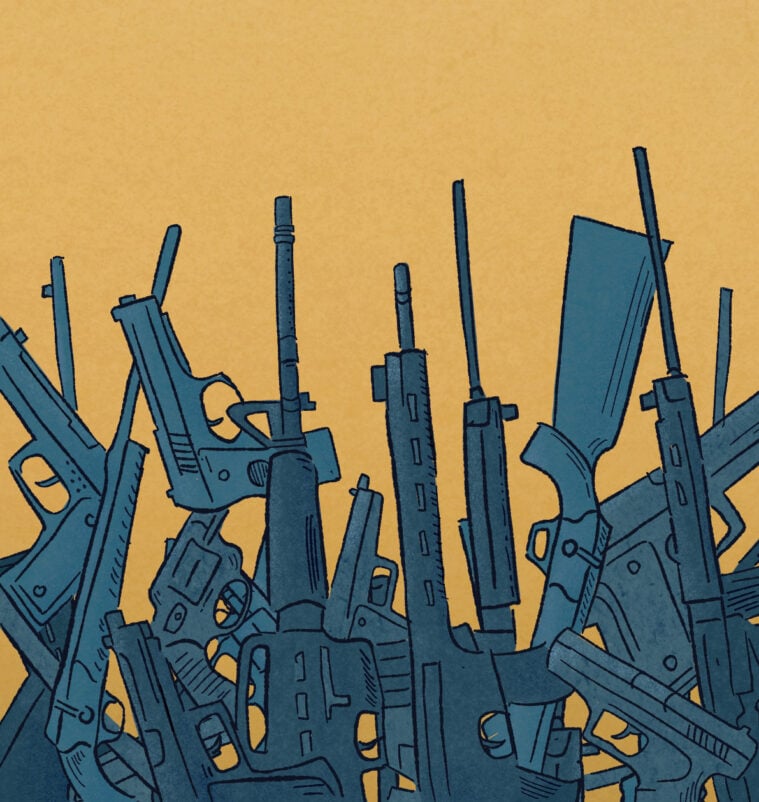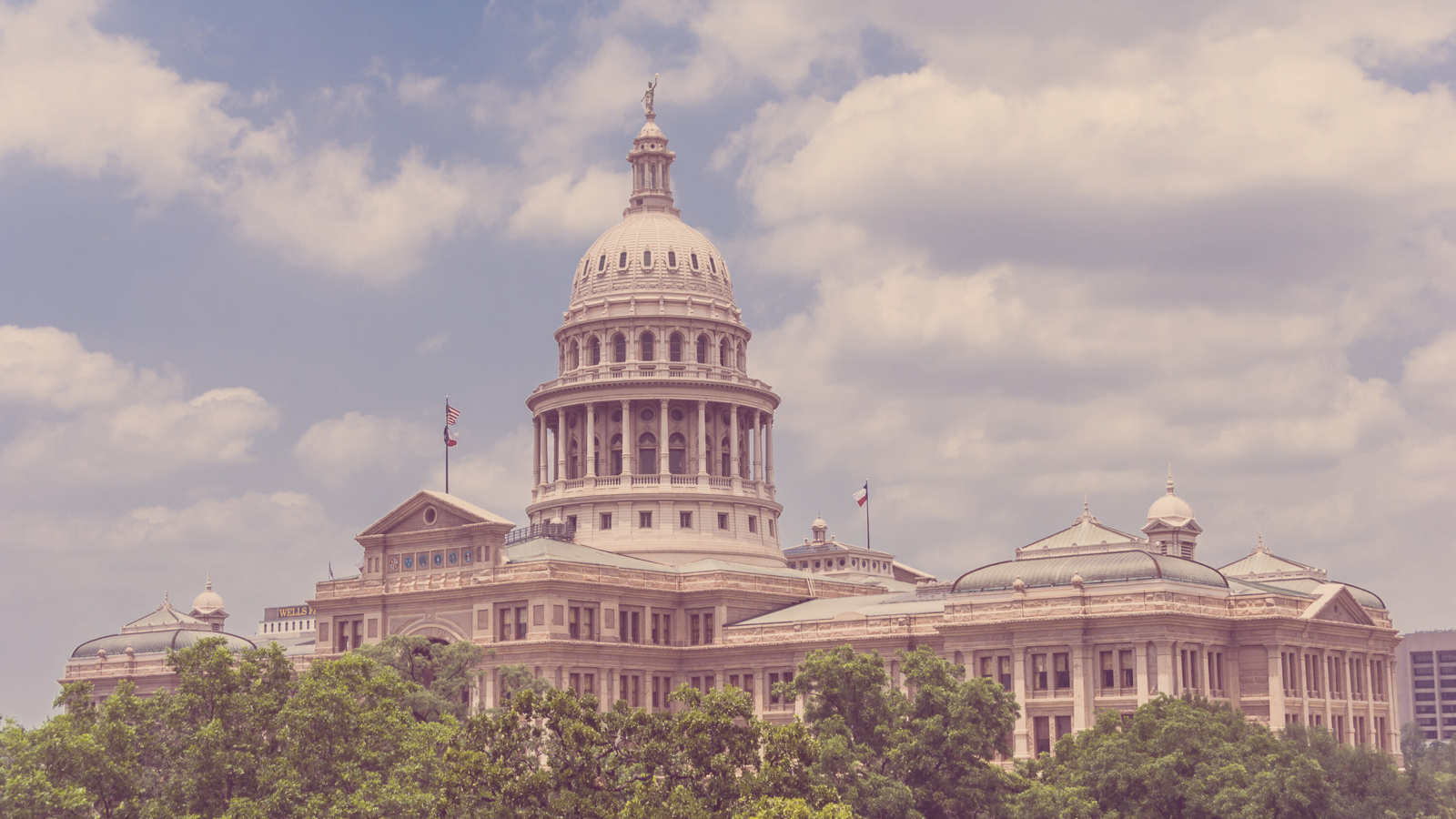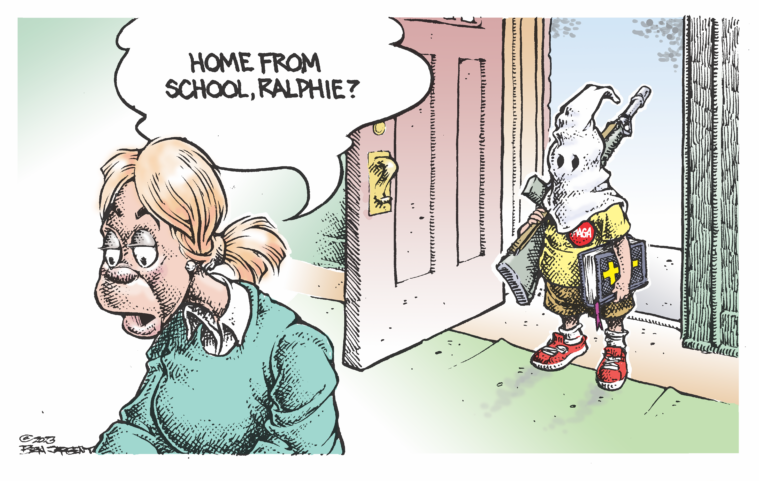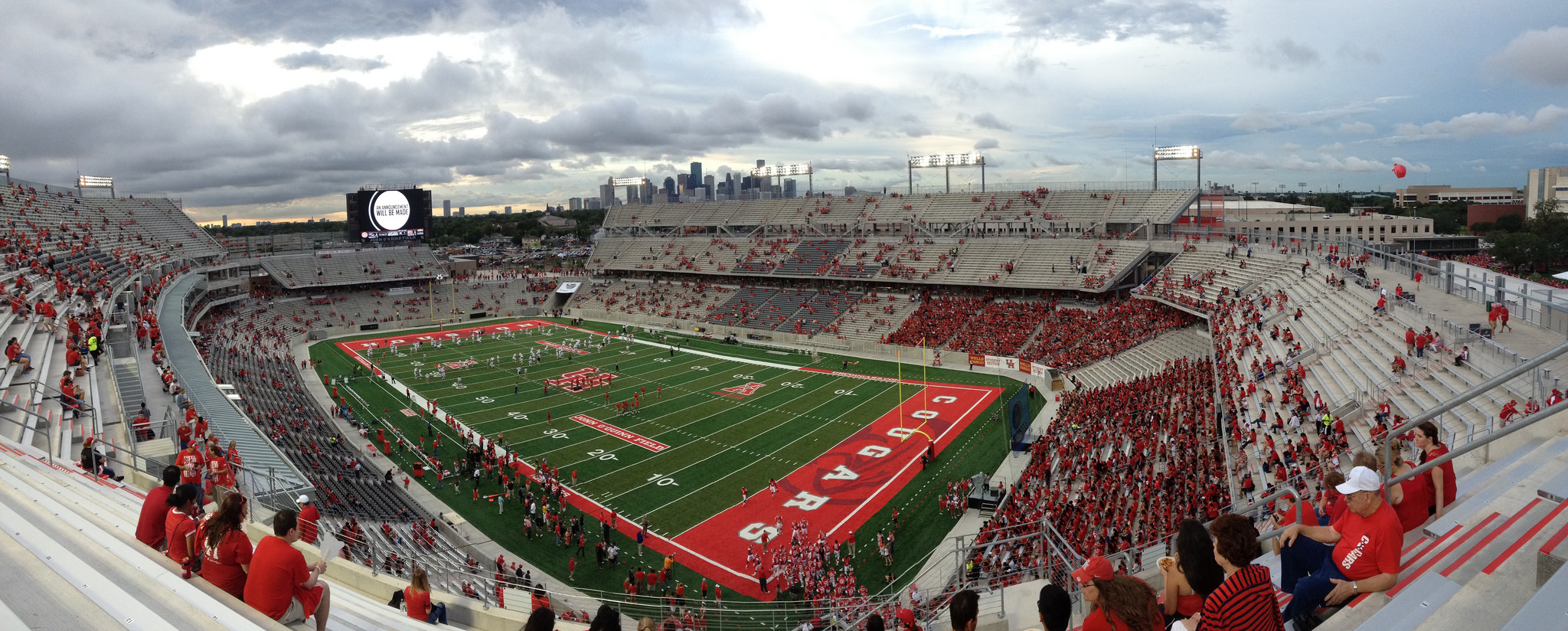
Armed Students Don’t Worry Me
But the unpacking of the ideal of the university sure does.
During the quarter-century I have taught at a Texas public university, I have had a few close encounters of the worrisome kind. There was one student who, unable to talk about the assigned books he never read, instead tried to talk with female students he had only just met. When I pointed this out, the sturdy young man devoted the rest of the semester to honing, no doubt for my benefit, an unblinking and menacing glare. He ended by failing my class and disappearing from my life.
More recently, there was a graduate student who, soon after having taken my class on the Enlightenment, concluded I was part of an anti-Christian conspiracy at the University of Houston. Following unsettling emails larded with quotations from Scripture there was an even more unsettling meeting, as he punctuated his claims by pounding the table. He too disappeared, and I’m still teaching the course.
Would these experiences have ended differently in our brave new world of Senate Bill 11, the “campus carry” bill Governor Greg Abbott signed into law last summer? I’ve asked myself this question now that my employer, the University of Houston, has won the world’s attention thanks — and this must be a first — to a faculty PowerPoint demonstration. Held to discuss the university’s policy concerning the concealed carry of handguns on campus, the meeting’s high point was a slideshow listing several pedagogical pointers: Avoid sensitive subjects and drop certain topics from our syllabi, we were advised. Most important, if we “sensed anger” from a student, we were urged, “don’t go there.”
Slide from recent campus carry dialogue at UH, in response to faculty concerns about dangers from armed students: pic.twitter.com/610RyhDZlf
— Jeff (@JeffintheBowtie) February 22, 2016
Though meant in earnest, the bullet points seemed Swiftian, if not The Onion-ian — a modest proposal meant to spark the outrage of students, their parents and the politicians in Austin. (No doubt, colleagues in the English department are even now proposing conference papers on PowerPoint and ironic plotting or the hidden narrative strategy of “bullet points.”) In any event, these bullets hit their target: Unlike most PowerPoints, which usually induce sleep, this one instead has produced much sleeplessness.
But should we be losing sleep over this issue? Or, instead, losing sleep over whether we should be losing sleep? There is, understandably, widespread concern that the law will have a “chilling effect” on teaching. Professors, many believe, will think twice or even thrice before slapping a “D” on a student paper or slipping a provocative claim into a lecture. Fearful that under every lump in a shirt or fold in a jacket nestles a holstered gun, we will give way to every student who questions a grade or interpretation. At such moments, who would be foolish enough to sacrifice himself on the altar of academic integrity?
We cannot predict whether a student who passes the tests for a concealed gun permit would be the sort to turn the classroom into the O.K. Corral.
In the end, of course, we cannot predict whether a student who passes the tests for a concealed gun permit would be the sort to turn the classroom into the O.K. Corral. But the authors of a recent study in the American Journal of Public Health conclude that permit holders are far less likely to commit crimes than non-permit holders. Not only do permit holders very rarely “break bad,” according to the study’s authors, but also that the risk of violence is “relatively small” when they enter gun-free zones.
Policymakers should balance this minor risk against “the likelihood that CHL holders will encounter and can positively affect calamitous situations,” the study concludes. Translated into English, this seems to mean while concealed guns might lead to a small increase in violence, they could also conceivably act as a buffer to violence. In a word, the bill’s consequences might be a wash. In the best of all possible worlds, there would be neither concealed guns in our university classrooms nor congealed jargon in our academic papers. But what I fear most is not the prospect of students packing heat in my classroom; it is, instead, the unpacking of the ideal of the university.
Here lies the true outrage at our state’s public universities: the changing vision of their purpose.
These developments have spurred meteoric growth in two sectors: full-time administrators and part-time adjuncts. The former devote their professional lives to making student life more fun. At my own university, we have state-of-the-art food courts and climbing walls, stylish dorm rooms and spacious billiard halls. There is also a new stadium, with a price tag of $130 million, which led to the hiring of a football coach, an additional cost of nearly $2 million, whose mandate is to field a winning team in order to fill the seats. Whether the stadium will be a gun-free zone remains to be seen.
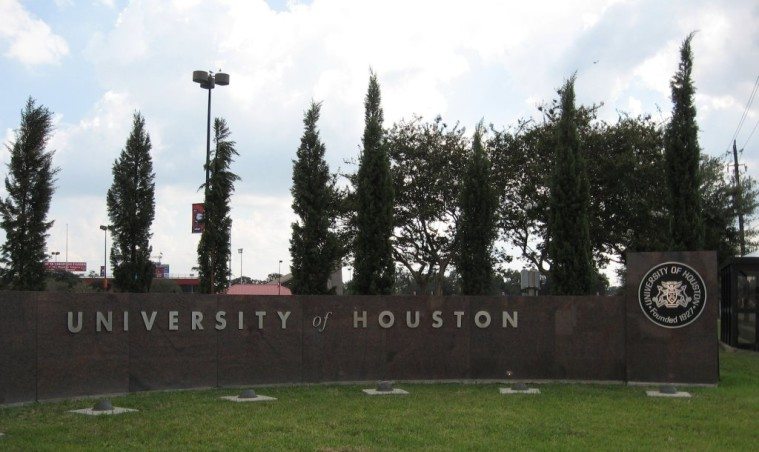
Meanwhile, the adjuncts devote their lives to mere survival. As they scramble from one class to the next, carrying workloads that dwarf their bank accounts and wringing their hands over whether they’ll have courses come next semester, do they worry over inviting a concealed gun-toting student into their office to discuss a grade? Perhaps. Yet, at the same time, these same adjuncts have neither the offices nor the time to meet with their students.
Here lies the true outrage at our state’s public universities: the changing vision of their purpose. Given statements by leading figures in Austin, the vision is grim. In 2011, the then-chairman of the University of Texas Board of Regents urged the university to replace its “Cadillac” model of education with one that resembles a Chevy Bel Air. At the same time, the influential Texas Public Policy Foundation, a Texas think tank close to former governor Rick Perry, insisted that students be treated as customers and professors be evaluated on the revenue they generate. Last year, my own university invested $140,000 not in our library or research facilities, but instead in a paycheck to actor Matthew McConaughey. He spoke at commencement on the wisdom of playing bongo drums while naked, then throwing up.
Powerless to change these toxic trends, professors have instead glommed onto issues like concealed campus carry. Snubbed by our administrators and scorned by our political representatives, our concerns with concealed campus carry mostly reflect our unconcealed dismay over our professional marginalization. By claiming that SB 11 threatens the life of the mind, we can ignore the many other, though more elusive, challenges we face. What chills me to the bone is not the specter of armed students. Instead, it is the specter of students intellectually disarmed by the corporate and commercial culture that has invaded over campuses. It is over this cause that we should declare “Aux armes, citoyens!”
Metaphorically speaking, of course.
[Featured image of the University of Houston stadium by Sandwinch/flickr/creative commons]
